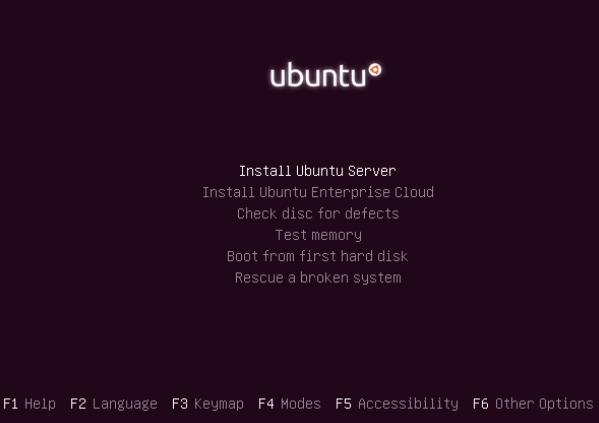你可能已经知道如何将你的 Ubuntu 桌面升级到最新版本了,不过如果你用的 Ubuntu Server,而且也正好又希望升级一下的话(前提是,不会影响你的应用。一般来说,对于服务器操作系统,应该采用保守态度。如果不是必须升级才能解决的安全问题,最好不要升级,而是采用各种外部手段来解决。)
如果想从Ubuntu14.04/13.10/13.04/12.10/12.04或者更老的版本升级到14.10,只要遵循下面给出的步骤。注意,你不能直接从13.10升级到14.10。你应该先将13.10升级到14.04在从14.04升级到14.10。下面是详细步骤。

注:以上图片上传到红联Linux系统教程频道中。
下面的步骤不仅能用于14.10,也兼容于一些像Lubuntu14.10,Kubuntu14.10和Xubuntu14.10等的Ubuntu衍生版本
重要:在升级之前,保险起见,不要忘了将你的数据在U盘或外部硬盘上保存一下。
服务器升级
从ubuntu14.04的服务器升级到14.10的服务器,采用下面的步骤。
安装update-manager-core 这个包如果之前没唷安装的话:
sudo apt-get install update-manager-core
编辑 /etc/update-manager/release-upgrades这个文件。
sudo nano /etc/update-manager/release-upgrades
像下面那样设置Prompt=normal或者Prompt=lts
# Default behavior for the release upgrader.
[DEFAULT]
# Default prompting behavior, valid options:
#
# never - Never check for a new release.
# normal - Check to see if a new release is available. If more than one new
# release is found, the release upgrader will attempt to upgrade to
# the release that immediately succeeds the currently-running
# release.
# lts - Check to see if a new LTS release is available. The upgrader
# will attempt to upgrade to the first LTS release available after
# the currently-running one. Note that this option should not be
# used if the currently-running release is not itself an LTS
# release, since in that case the upgrader won't be able to
# determine if a newer release is available.
Prompt=normal
现在可以通过下面的命令来更新你的服务系统了。
sudo do-release-upgrade -d
直到屏幕提示你已完成。

